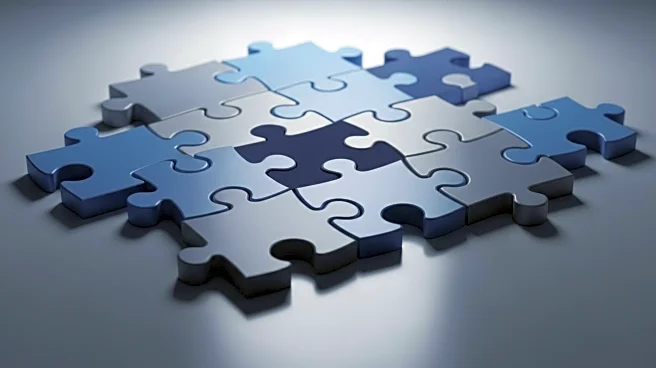What is the story about?
What's Happening?
Amid doubts about U.S. leadership, allies in Europe and the Indo-Pacific are exploring ways to chart their own course. Conversations with diplomatic and security officials reveal a growing willingness to coordinate on shared interests such as trade, defense, and cybersecurity. Recent meetings among foreign ministers from the U.K., France, Germany, Japan, South Korea, and Australia highlight efforts to strengthen cooperation without relying solely on U.S. leadership. These countries are also considering strategies to shield themselves from economic pressures and technological competition from China and the U.S.
Why It's Important?
The shift towards greater autonomy among U.S. allies reflects concerns about the stability of the international order and the need to adapt to a more uncertain global landscape. By enhancing cooperation on economic and security issues, these countries aim to protect their interests and maintain stability in the face of rising trade barriers and geopolitical tensions. This development could lead to a more multipolar world where middle powers play a more significant role in shaping global policies and alliances.
What's Next?
U.S. allies are likely to continue exploring avenues for collaboration, such as the Comprehensive and Progressive Agreement for Trans-Pacific Partnership (CPTPP) and joint defense initiatives. However, challenges remain, including historical tensions and political differences that could hinder deeper cooperation. As these countries navigate the complexities of a changing global order, their ability to work together effectively will be crucial in ensuring their resilience and influence on the world stage.

















